
All categories
Featured selections
Trade Assurance
Buyer Central
Help Center
Get the app
Become a supplier

(1870 products available)



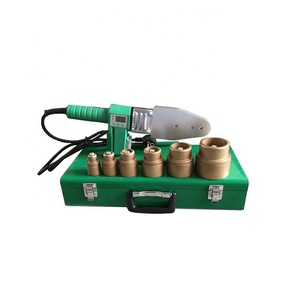

















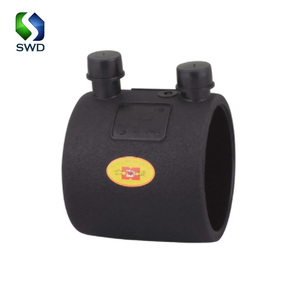


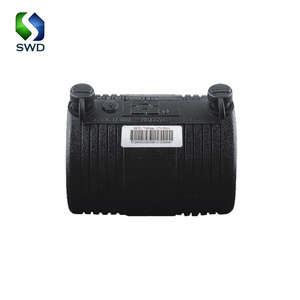


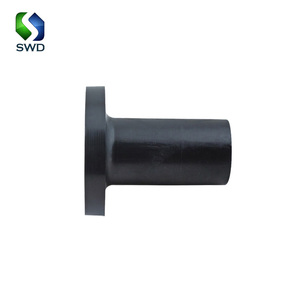


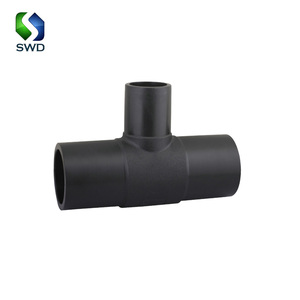

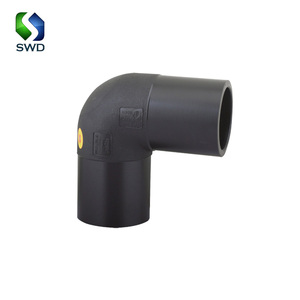









A socket fusion machine is a vital tool in the field of thermoplastic piping systems. It is used to join plastic pipes and fittings by heating the outer surface of the pipe and the inner surface of the fitting simultaneously to create a strong, leak-proof connection. These machines are widely used in industries such as plumbing, HVAC, and gas distribution for their efficiency and reliability.
Socket fusion machines are typically compact and portable, allowing for ease of use in various work environments. They consist of a heating element, a temperature control system, and clamping jaws to hold the pipe and fitting in place during the fusion process. The heating element heats the surfaces to be joined to the precise temperature required for fusion, ensuring a durable bond.
The temperature control system in a socket fusion welder allows the operator to monitor and adjust the heating element to achieve the optimal fusion temperature for the specific type of thermoplastic material being used. This level of control ensures consistent and reliable fusion results.
When choosing a socket fusion welding machine, it is essential to consider factors such as the pipe size range it can accommodate, the heating element power output, and the overall durability of the machine. These machines are available in various sizes to accommodate different pipe diameters, ranging from small residential pipes to larger industrial piping systems.
A central socket fusion machine typically features a power capability above 35-40 hp, enabling it to handle heavy-duty fusion tasks efficiently. Additionally, the clamping jaws of the machine are designed to apply uniform pressure on the pipe and fitting during the fusion process, ensuring a secure and leak-free connection.
One of the key advantages of PPR socket fusion welding machines is their versatility in joining various thermoplastic materials, including polypropylene random copolymer (PPR), polyethylene (PE), and polyvinyl chloride (PVC). This versatility makes them a valuable tool for contractors and plumbers working with different types of piping systems.
Furthermore, socket fusion machines produce joints that are as strong as the original pipe, ensuring long-lasting and reliable connections. The fusion process creates a seamless bond between the pipe and fitting, eliminating the risk of leaks or failures over time.
Socket fusion machines are widely used in various industries such as plumbing, irrigation, and chemical processing for their ability to create secure and durable pipe connections. In plumbing applications, these machines are instrumental in joining water supply lines, drainage systems, and heating systems with precision and efficiency.
Moreover, the simplicity and effectiveness of socket fusion welding machines make them ideal for on-site installations and repairs, reducing downtime and labor costs for businesses in need of quick and reliable piping solutions.
When selecting a socket fusion machine for your specific application, it is essential to consider factors such as the pipe size range, heating element temperature control, and overall build quality of the machine. Ensure that the machine you choose meets the requirements of the thermoplastic materials you will be working with and offers the necessary features for efficient fusion operations.
By investing in a high-quality socket fusion machine, businesses can streamline their piping installations, reduce the risk of leaks or failures, and ensure the long-term integrity of their piping systems.